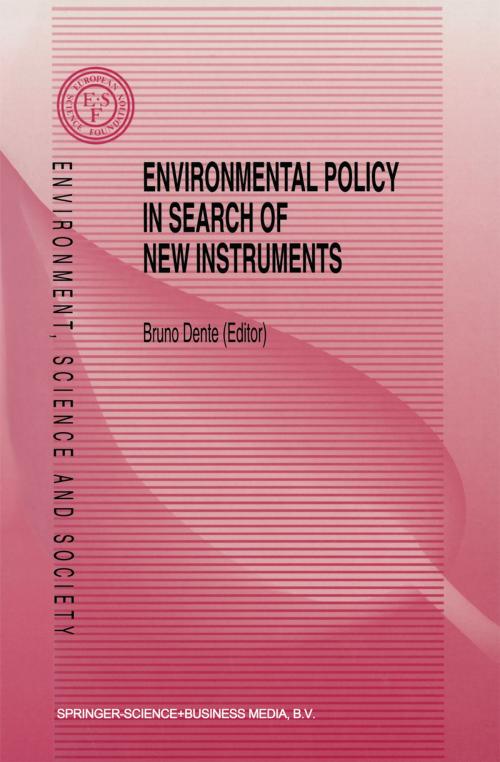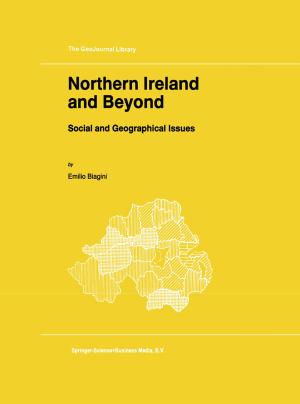Environmental Policy in Search of New Instruments
Nonfiction, Science & Nature, Technology, Environmental, Business & Finance, Economics| Author: | ISBN: | 9789401585040 | |
| Publisher: | Springer Netherlands | Publication: | March 9, 2013 |
| Imprint: | Springer | Language: | English |
| Author: | |
| ISBN: | 9789401585040 |
| Publisher: | Springer Netherlands |
| Publication: | March 9, 2013 |
| Imprint: | Springer |
| Language: | English |
Environmental policy is undergoing a dramatic transformation. The problems connected with global change, the need for preventative action, and the growing importance of non-source pollution call for new courses of action and new institutional arrangements. In this situation, it is fairly obvious that both the traditional command and control policy instruments and the more modern financial and economic instruments are increasingly under stress.
This volume deliberately aims to break new ground in providing the conceptual tools necessary for the next generation of environmental policies. In doing so, it covers a wide interdisciplinary range, from public policy analysis to international law, and draws upon much international experience, well reflected by the mixed composition of the contributors. On the basis of a shared theoretical framework, the book explores the potential of new policy instruments, such as policy evaluation or mediation, proposes alternative institutional arrangements for dealing with the issues, classifies existing instruments, and illuminates the process through which old and new tools can be set into operation.
Environmental policy is undergoing a dramatic transformation. The problems connected with global change, the need for preventative action, and the growing importance of non-source pollution call for new courses of action and new institutional arrangements. In this situation, it is fairly obvious that both the traditional command and control policy instruments and the more modern financial and economic instruments are increasingly under stress.
This volume deliberately aims to break new ground in providing the conceptual tools necessary for the next generation of environmental policies. In doing so, it covers a wide interdisciplinary range, from public policy analysis to international law, and draws upon much international experience, well reflected by the mixed composition of the contributors. On the basis of a shared theoretical framework, the book explores the potential of new policy instruments, such as policy evaluation or mediation, proposes alternative institutional arrangements for dealing with the issues, classifies existing instruments, and illuminates the process through which old and new tools can be set into operation.















